Description
Fair Trade Cooperative: Sol y Café
FLO ID# 23765
Located in the province of Jaén, within the rural region of Cajamarca, Peru, Sol & Café was founded in 2005. Beginning with just 27 producer groups, Sol & Café has expanded to include over 60 associations, representing roughly 1000 farming families. The cooperative continues to operate from an office housed in the Cáritas complex in Jaén, where it maintains its warehouse and quality-control laboratory.
Sol & Café follows a deliberate, steady growth plan with transparent and strictly enforced membership criteria. Members are required to actively engage in cooperative activities and contribute at least 51% of their anticipated harvest. New applicants must be endorsed by existing community members—or, if they come from a new area, they receive a visit from the cooperative’s board president to ensure a genuine commitment to membership and to organic, high-quality coffee production. The growth strategy has yielded results: around 80% of the cooperative’s total harvest is exported, and its farmers frequently earn top honors in national and international quality competitions. To support excellence, the cooperative maintains a sophisticated quality-triage system that enables its technical team to identify producers needing additional support in cultivation and processing.
Sol & Café also boasts a robust digital traceability system, tracking coffee from delivery at the warehouse through to container shipment. This system supports a quality-tiered pricing model: higher-quality, higher-yield coffees receive premium prices.
The cooperative produces this fully washed coffee, processed via the Swiss Water decaffeination method (a CO₂-based, solvent-free technique). This involves hydrating green beans, using a Green Coffee Extract (GCE) bath to selectively remove caffeine by osmosis, then re-drying and recycling the extract to maintain flavor integrity. Sensory evaluations consistently highlight a clean, sweet cup with notes of milk chocolate, caramel, nuts, and occasional fruit accents such as orange or red berries, offering a smooth body and lingering sweetness despite being decaffeinated. The coffee typically scores in the mid-to-high 80s SCA, with one roast reaching an impressive 88 points.
Coffee Production in Peru: A General Overview
Peru is a significant producer of arabica coffee, ranking among the top 10 global exporters. Primary cultivation occurs in the Andean regions, particularly in the departments of Cajamarca, San Martín, Junín, Amazonas, and Cusco. Most coffee is grown at altitudes between 1000 and 2000 meters above sea level under agroforestry systems that support biodiversity and soil conservation.
Coffee production is dominated by smallholder farmers, with average farm sizes ranging from 1 to 3 hectares. These producers are often organized into cooperatives or associations to improve market access, quality control, and technical assistance. The majority of Peruvian coffee is certified Organic and/or Fair Trade, which facilitates access to specialty markets and price premiums. Traditional shade-grown practices are common, with limited use of synthetic agrochemicals, particularly in certified organic systems. Coffee varieties cultivated include Typica, Caturra, Bourbon, Catimor, and more recently introduced disease-resistant hybrids. Integrated pest and disease management is employed to address major threats such as coffee leaf rust (Hemileia vastatrix).
The washed (wet) processing method is the predominant post-harvest system. Processing typically occurs on-farm or in small centralized facilities and includes de-pulping, fermentation (12–24 hours), washing, and sun-drying. Quality control measures are implemented at cooperative collection centers and dry mills to ensure export-grade standards.
Coffee is a key agricultural export for Peru, contributing significantly to rural livelihoods and foreign exchange. The Peruvian government, along with NGOs and international buyers, supports the sector through technical assistance, infrastructure development, and promotion of specialty coffee. Cooperatives play a central role in certification management, market access, and traceability.

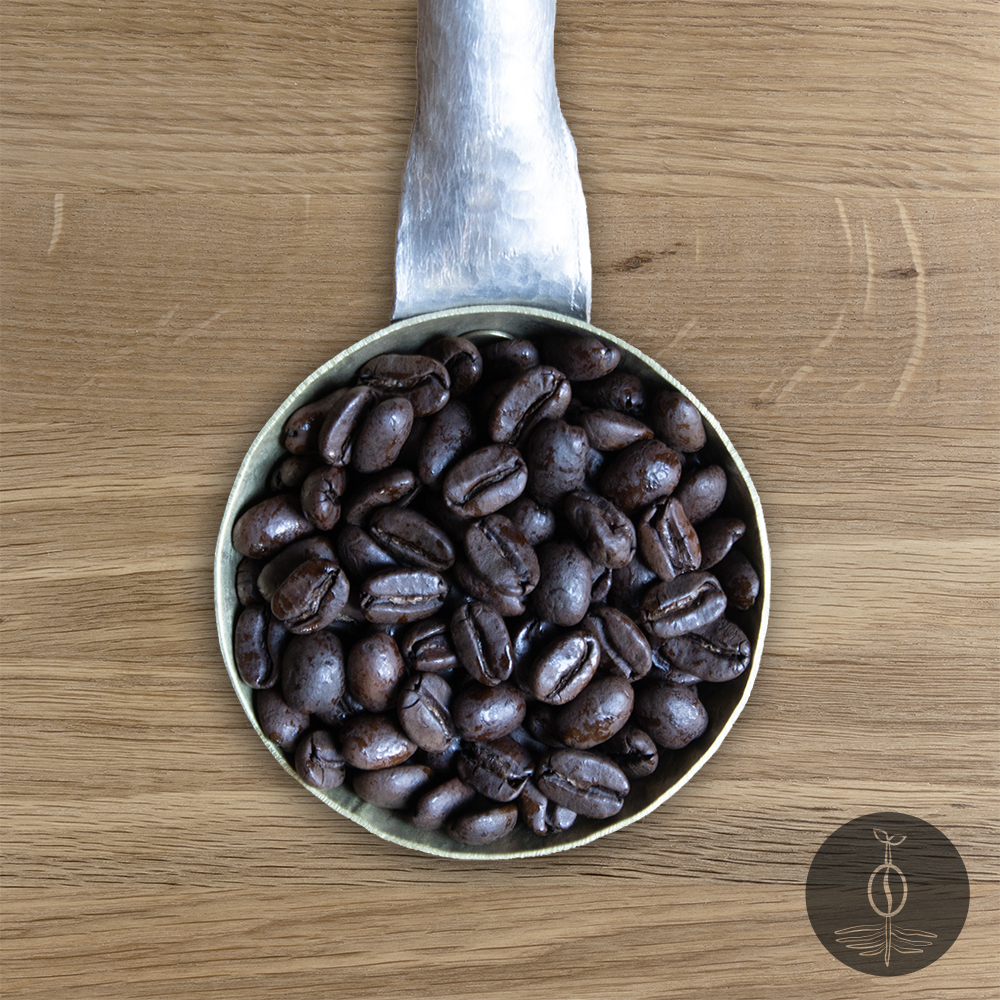
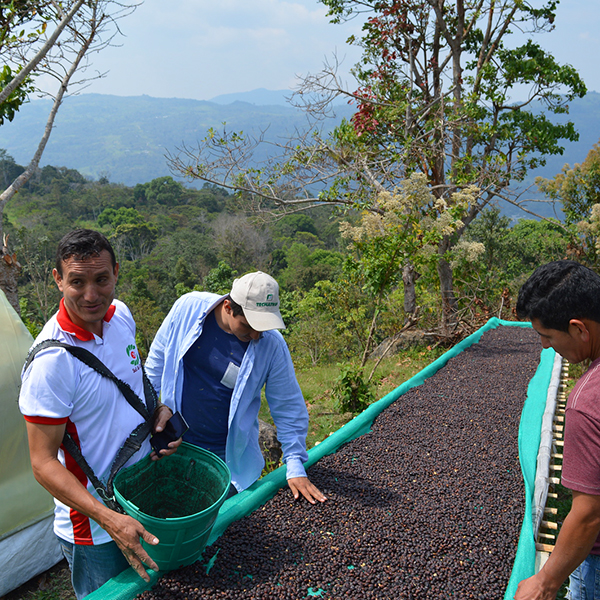
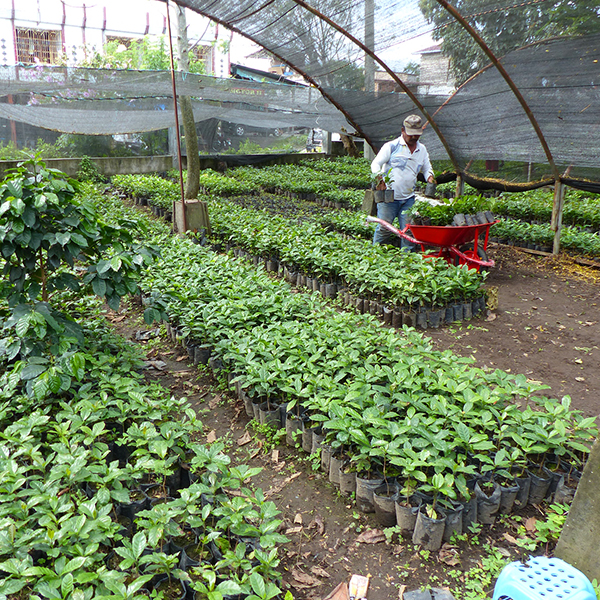
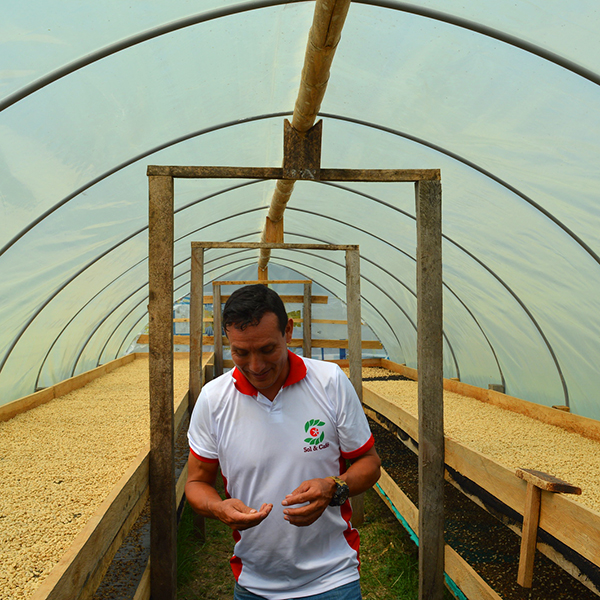
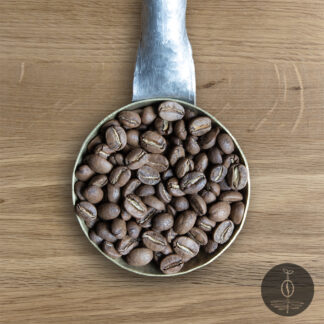
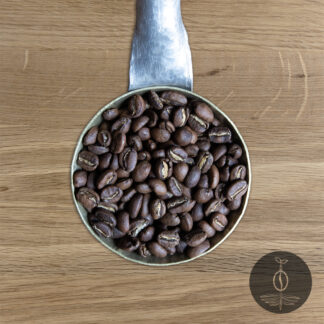
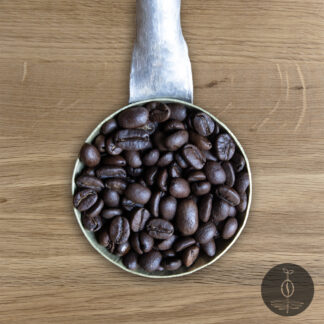
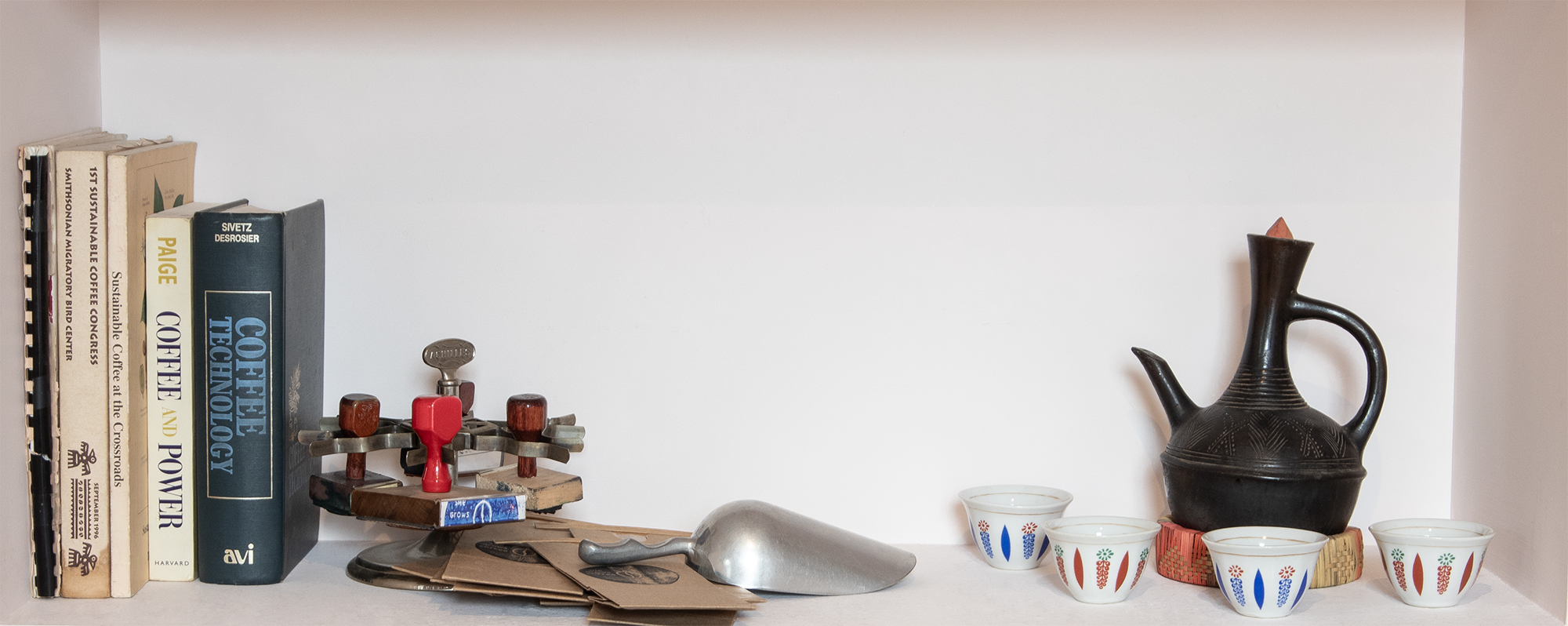
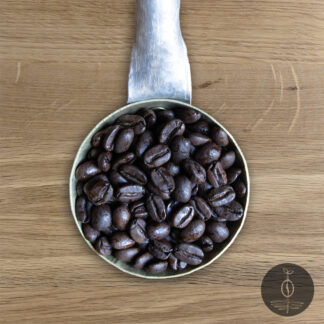
Reviews
There are no reviews yet.